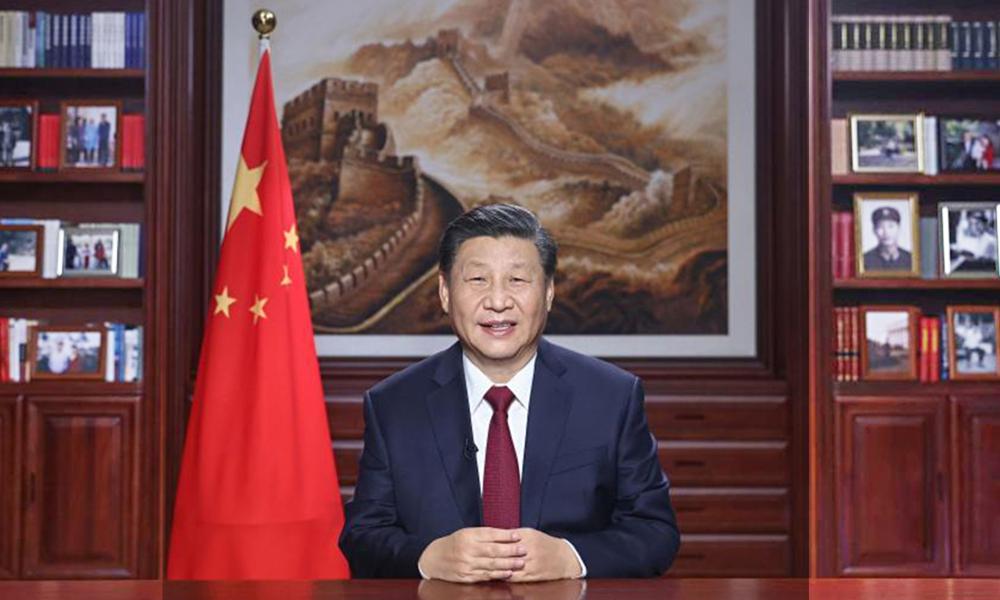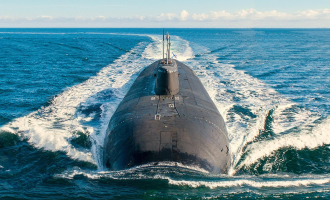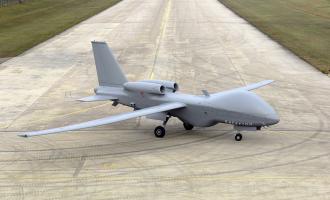Amidst growing territorial disputes with its neighbors and military tensions with the United States, China has projected defense expenditure growth of 6.8% this year, according to washightontimes.com
This allocation is the sharpest increase since 2019 and the third yearly increase during the last decade. President Xi Jinping has already vowed to make the People’s Liberation Army the strongest military globally, and this spending reflects that goal. Moreover, this increased spending highlights the consequences of its continued territorial aggression and hardened military posture. After making the world suffer due to its inept handling of the COVID-19 pandemic, the Chinese economy is witnessing a recovery, even as the rest of the world is reeling from the recession.
According to the new figures from the Chinese Ministry of Finance, unveiled in early March, before the beginning of the annual National People’s Congress meeting in Beijing, military spending is expected to be close to $208 billion (1.35 trillion yuan) in 2021. In 2020, the spending was $209.16 billion (1.268 trillion yuan).
While these figures show the trend in Chinese military spending, they do not reveal a complete picture. Two key organizations are excluded from this: The People’s Armed Police (PAP), which is responsible for maintaining internal security and law and order and People’s Armed Police Force Coast Guard Corps or Chinese Coast Guard, which enforces the country’s territorial claims in the contested waters of the South China Sea.
There is much lack of transparency about China’s actual defense expenditure, but one trend that has become clear since 2010 is that China’s internal security spending (including the PAP budget) has exceeded the external defense spending and the gap between them is increasing.
Relief programs lead to massive fraud, spike in identity theft
In 2017, China’s internal security spending was equivalent to about $349 billion — compared to the official external defense spending of $150 billion. This was on the back of its heightened crackdown in Xinjiang and Tibet’s autonomous regions, its building and operating the massive multidimensional information and population control system, following frequent instances of social unrest and violence.
This budget ceased to be publicly available after 2013, subsequently shown as a percentage of total budgetary spending. Similarly, estimates from 2017 show that China has spent on an average $1.74 billion annually on its Coast Guard, making it the world’s largest Coast Guard fleet, with coercive capabilities.
The defense budget also does not include spending on the space program, military-owned commercial enterprises, defense mobilization and costs of operating military bases in the province, among others. If one includes all this, then according to the U.S. Department of Defense, China’s actual spending could be higher than $200 billion — more than the combined expenditure of its neighbors: India, Russia, Japan, South Korea and Taiwan.
To mask its growing military ambitions, China is finding new ways to conceal its spending on augmenting military capabilities. Stockholm International Peace Research Institute (SIPRI), the research organization which maintains the most authoritative data on China’s military budget, has over the years developed a framework to cover all spending for military purposes, including indirect spending that supports the functioning of the military organization for instance pensions.
The hydra-headed nature of Chinese policies combined with civil-military fusion means that the development of any technology will be necessarily used for military purposes, affording a new capability to the Chinese military, not necessarily funded out of the defense budget. All these have implications for China’s military activities and, therefore, its neighbors. SIPRI, accordingly, is now revising its framework to analyze financial resources China dedicates to military purposes.
Yet, this approach too faces challenges due to a lack of transparency in China’s budgetary expenditure. This is particularly true of its defense R&D, where there are only estimates available from SIPRI, the U.S. Department of Defense and International Institute of Strategic Studies.
Another category that has been an essential part of Chinese military posture and which fundamentally affects the regional security dynamics, but where spending can only be estimated — either in millions or billions — is China’s island-building activity in the South China Sea.
For more than a decade, China’s military spending has surpassed its annual GDP growth, reflecting the priority it attaches to military modernization. Beijing has cited growing US-Taiwan proximity, deployment of U.S. aircraft carriers in the region and other developments for its budgetary increase.
Yet, it is also true that this sustained increase in military capabilities has shifted the balance in favor of China when it comes to many territorial contestations. This has emboldened Beijing to adopt a hardened military posture towards its neighbors, which has escalated tensions and increased the risk of a regional conflict with wider consequences.
It is clear that despite COVID-19 and the attendant slowdown in economic growth, Beijing is expected to remain on course in its military expenditure and will look for new ways to conceal it from the increased scrutiny of the outside world.
• Jianli Yang is president and founder of Citizen Power Initiatives for China.















